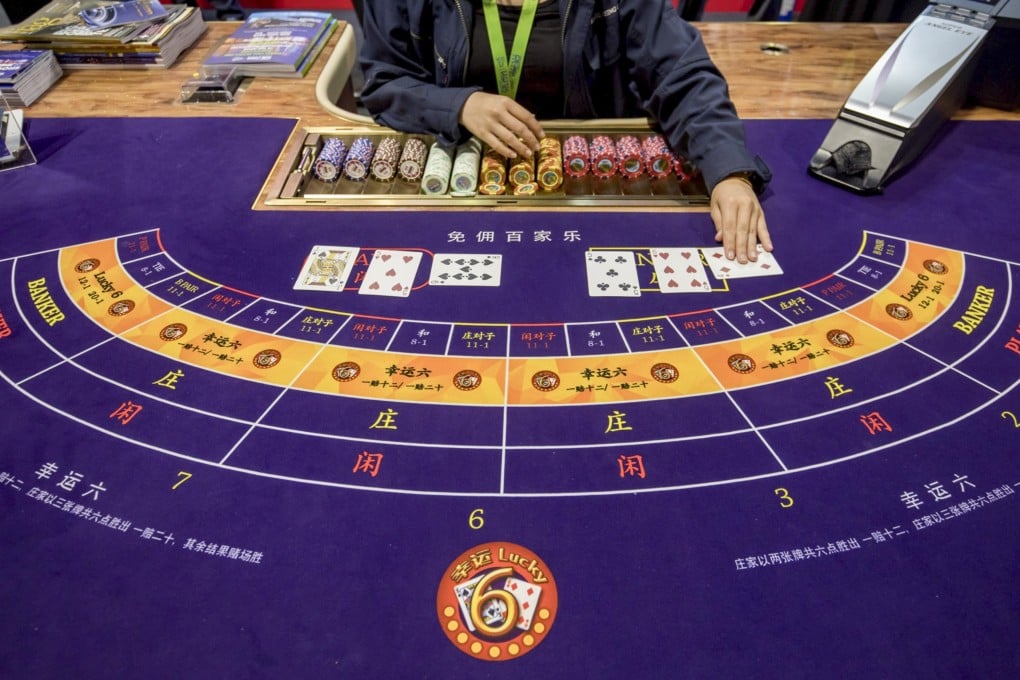Are Macau’s days as a global gambling hub numbered? Casino capital faces drastic upheaval as China tightens its grip
- How does a city so dependent on casinos for tax revenue integrate into a nation where gambling is not only illegal, but considered a threat to its security?

Depending on your historical metric of choice, gaming has been an integral part of Macau society for the best part of 400 years. From the 16th century, as the city first opened its harbour to visitors, rudimentary games of chance were played between construction workers from mainland China, domestic helpers and coolies. In 2001, the seismic decision to liberalise the casino market transformed Macau into far and away the biggest gaming destination on the planet.
After out-Vegas-ing Las Vegas in 20 short years, Macau’s 658,000 inhabitants now boast the second-highest gross domestic product per capita in the world, wedged between oil-rich Qatar in first place and low-key finance centre Luxembourg in third.
But as the city approaches the quarter-century mark as a Special Administrative Region (SAR) of China, as it was designated in December 1999, some believe the gambling destination is facing an existential threat: how does a city that depends on casinos for 80 per cent of its total tax revenue integrate into a nation where gambling is not only illegal, but considered a threat to its economic and political security?

The city’s first chief executive, Edmund Ho Hau-wah, ended the monopoly of the late Asian gambling tycoon Stanley Ho Hung-sun (no relation) in 2001, paving the way for the gaming revolution that transformed Macau into a premier global casino hub. Today, more than two decades after six licences were granted to a mixture of local and United States-based casino operators that same year, ushering in a post-liberalisation gaming market gold rush (see accompanying chronology), Macau is pondering how it should handle the reissuing of these six casino licences in a vastly changed environment, where the Chinese Communist Party more firmly asserts itself over the SAR.
Not only has the global pandemic wreaked havoc with Macau’s bottom line, slashing visitor arrivals and gross gaming revenues to the bone, but an unprecedented geopolitical realignment has taken place. This has left many questioning not only the future of US influence in this part of the world, but also whether the American operators who have swallowed the best part of 50 per cent of Macau’s casino business over the past 23 years might be factored into the great game of international politics between Beijing and Washington.
For Macau-based Ben Lee, managing partner of IGamiX Management and Consulting, the jury is still out on what will happen in the upcoming process of granting casino-operating licences in Macau, date still not confirmed due to ongoing Covid-19 restrictions.
“Up until about six-to-nine months ago investors, especially the US investors, had been very secure in the belief that the US operators were not at risk from this new concession tender,” says Lee, whose previous titles include vice-president of marketing for The Venetian Macao, and vice-president of casino projects during the setting up of the Diamond Casino at the Holiday Inn in the city. “They had been talking in terms of contract ‘renewals’, implying that the existing operators will all be conferred the new concessions.
